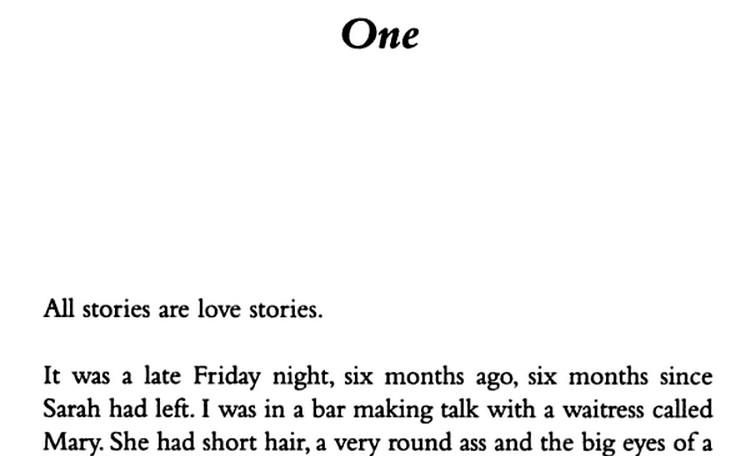

Squatting flat in the oxter of Belfast Lough, hazily level with the water, the city was ringed with mountains and nudged by the sea. Belfast was only big because Belfast was bad.Īnd who would have thought it thirty years before? Little Belfast could be such a beautiful city. People thought them deathfields - remote, televised knackers’ yards. In the mental maps of those who had never been in Ireland, these places had tiny crossed swords after their names. The Bogside, Crossmaglen, the Falls, the Shankill and Andersonstown. The place-names of the city and country had taken on the resonance and hard beauty of all history’s slaughter venues.

Who’d heard of Saigon before it blew its lid? Was Anzio a town, a village or just a stretch of beach? Where was Agincourt exactly?īelfast shared the status of a battlefield.

I didn’t know much about Beirut until the artillery moved in. Nobody needed to be told the reasons for this needless fame. “When you considered that it was the underpopulated capital of a minor province, the world seemed to know it excessively well. I found these guys infinitely more frightening than Crab, Hally or Ronnie Clay. You crap on my grandfather, you crap on me. At the door of all the adjacent rectories, broken pastors stood, staring at me with grim expressions. I walked up the Lisburn Road and passed the Anabaptist Church - or double-duckers as we called them - the South Belfast Gospel Hall, the Windsor Tabernacle, the Elim Pentecostal, the Methodist Mission, the Presbyterian Presbytery, and the Unitarian Church of Protestant Mnemonists or something like that. I was working as a tile layer and I couldn’t get into Lavery’s because I was too successful. You went into Lavery’s one night at the age of eighteen and you stumbled out, pissed, to find you were in your thirties already. The Theory of Relativity didn’t apply to Lavery’s. It had to be the dirtiest, most crowded, least likeable bar in Western Europe. As I passed the bar, stepping over their outstretched legs, a warm, urinous waft hung in the air outside the doorway. Groups of unusually dirty youths lounged on the pavement with beer glasses in their hands. Though early, the Lavery’s overspill was already out on the street. But when violence intrudes in the story, with an unexpected explosion, it mirrors the experience of ordinary people who are caught up in it suddenly and out of no impulse of their own. The setting of the story is against the backdrop of the Troubles, as people try to live their complex lives without particular reference to the politics. A cynical and displaced young ‘repo man’ who recovers property from people in debt, expresses his contempt for the city of Belfast and comes to know the cultural and sectarian currents better through contact with a feckless boy.


 0 kommentar(er)
0 kommentar(er)
